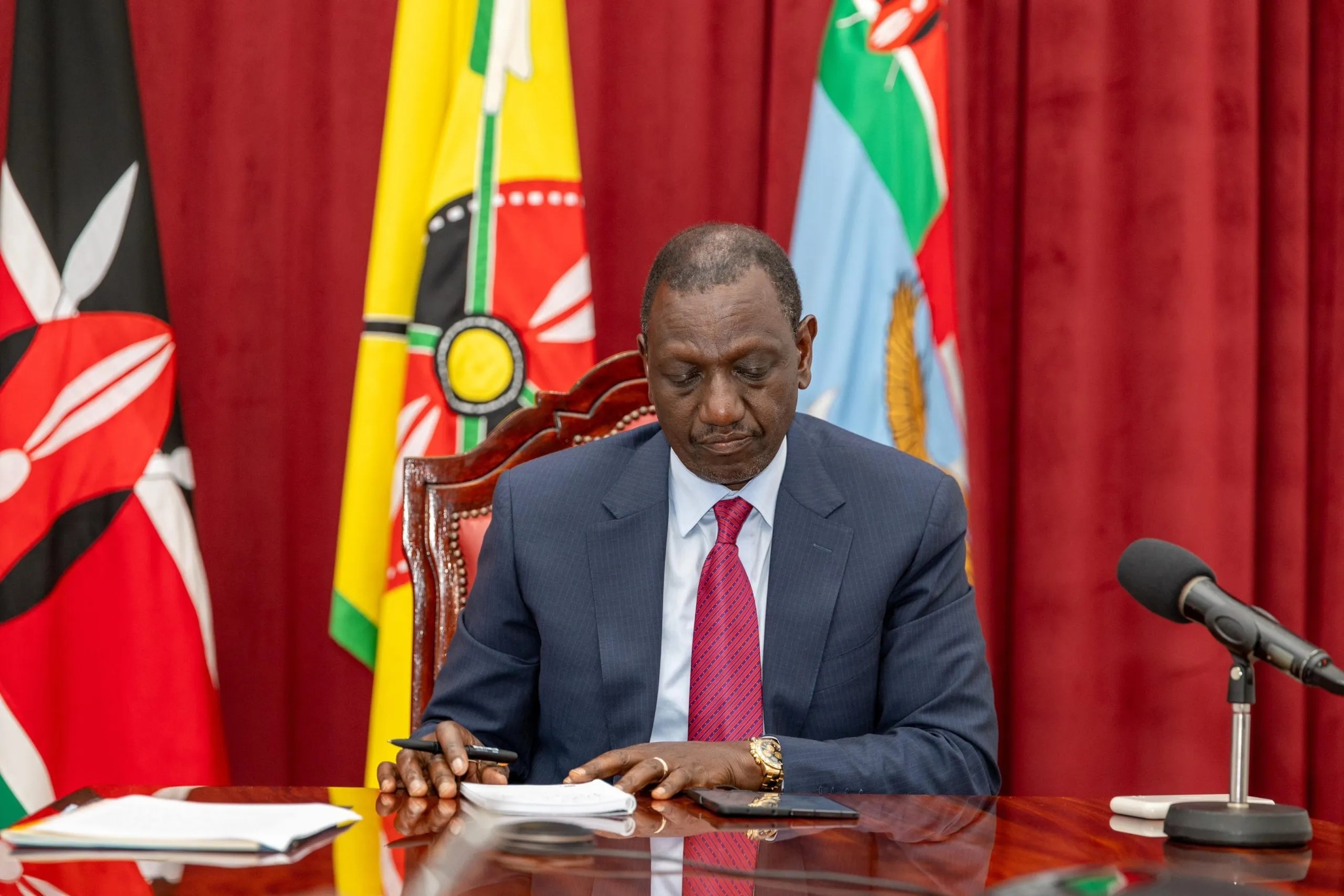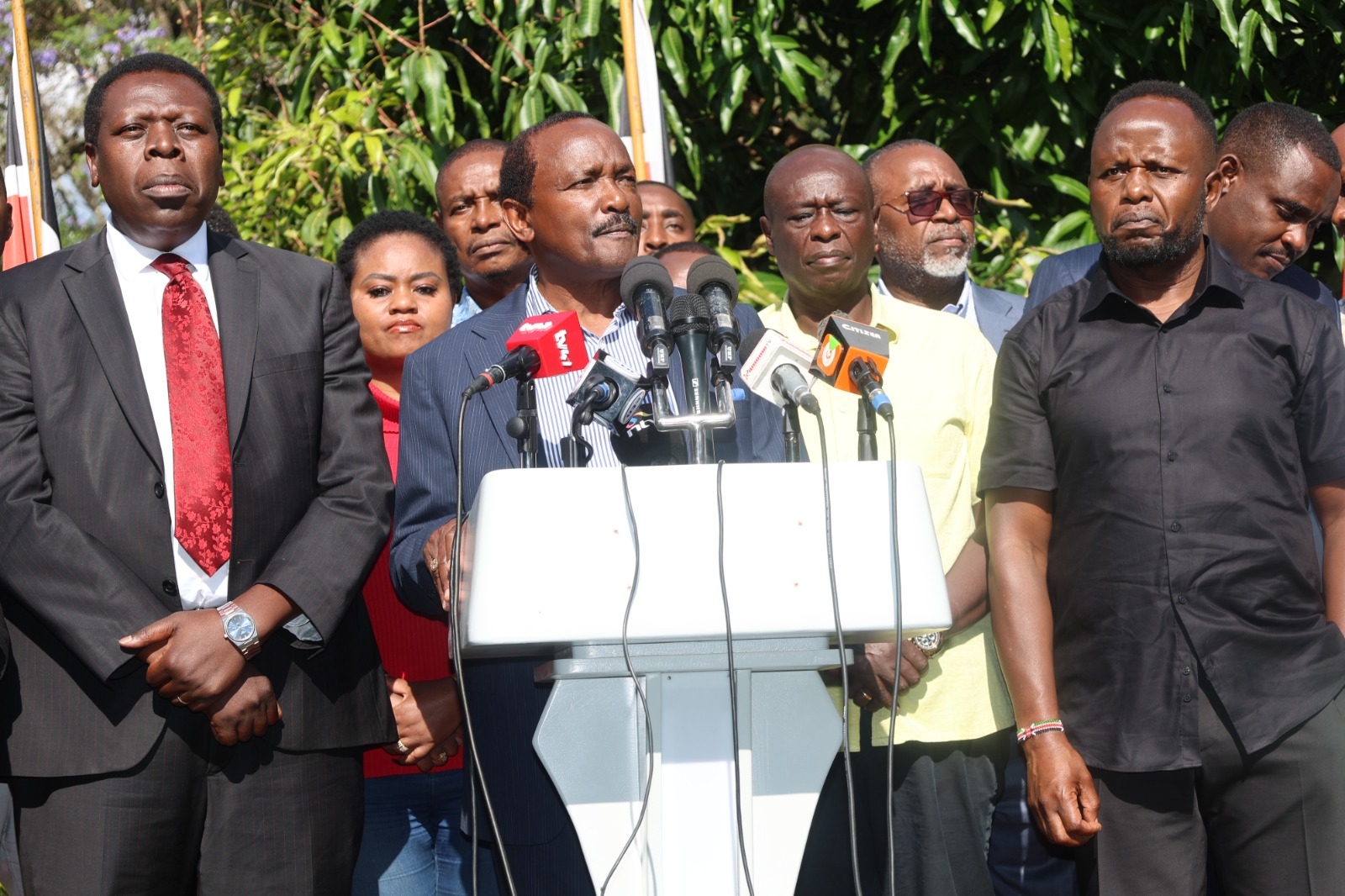Local lenders are capitalising on the government's limited financing options for the current financial year to push for higher returns in the local debt market.
Financial analysts fear that this might worsen the country's debt position currently at 70 percent of the Gross Domestic Product (GDP) or Sh10.4 trillion as captured in last week's bulletin by the Central Bank of Kenya
A status update on the country's fiscal plan by Trading Economics shows a steady rise in interest rates on both Treasury Bills and bonds despite increased under subscription.
"Investors know that the government is desperate after President William Ruto was forced to trash the Finance Bill, 2024, and negative ratings on the country's sovereign borrowing. The under subscription is a ploy to ask for more returns,'' the report seen by the Star reads.
According to economic analysts, the rates will likely return to highs witnessed early this year when the country struggled to mobile funds to repay the inaugural Eurobond issued in 2014 amid a weak shilling.
Last week, the government sought to raise Sh10 billion from the 364-day bill but managed a paltry Sh2.8 billion, translating into a subscription of 28 percent.
Subscription of the 182-day papers shrunk to 72.6 percent with the state receiving Sh7.2 billion from investors against a target of Sh10 billion.
Only short-term 91-day bills performed well, with the Central Bank of Kenya (CBK) accepting bids worth Sh6.1 billion out of the Sh7.7 billion received, a 79 percent acceptance rate.
In the early month re-opened sale of the Sh20 billion bond, the government only managed to collect Sh487.5 million the lowest under subscription in the past five years.
"Kenya's 10-year bond yield was 17.74 percent on Wednesday, July 24, according to over-the-counter interbank yield quotes for this government bond maturity. Historically, it reached an all-time high of 19.40 in April of 2024,'' Trading Economics says.
Appearing on Citizen TV this week, Capital Markets analyst and CEO of EABX Group Terry Adembesa warned of investors' push for higher rates, terming it as a normal demand and supply curve.
"It is normal for investors to hold on to cash in anticipation of a higher return. We are likely to see the government yield to the pressure out of desperation. It has an option of borrowing externally at a much higher cost,'' Adembesa said.
Kwame Owino of the Institute of Economic Affairs warned that high domestic borrowing by the government is dangerous for the economy as it is likely to crowd out the private sector.
Early this month, Ruto announced tough austerity measures to cut expenditure but promised to borrow more after the public outcry cut short the government's plan to raise Sh347 billion through taxes.
The government is staring at a Sh946 billion deficit in the current financial year despite slashing the budget from Sh4.2 trillion to Sh3.8 trillion.
Even so, a report by Economists says that Kenya will shoulder a greater burden to borrow outside after a recent downgrade by Moody's and the shooting down of the Finance Bill, breaching fiscal conditions by multilateral lenders.
The government's local debt expanded by 5.8 percent during the fiscal year that ended last month, with new borrowings hitting Sh577 billion up from Sh545.2 billion acquired in a similar period the previous year.
According to CBK, the additional loans took the country's domestic debt stock to Sh5.41 trillion as at the end of June 2024, up from Sh4.832 trillion at the end of June last year.
The National Treasury had set the domestic borrowing target at Sh851.8 billion as of May, including Sh471.3 billion in net local borrowing and Sh380.5 billion in payments or redemptions.
The projection on new domestic borrowing has, however, been a moving target.



















